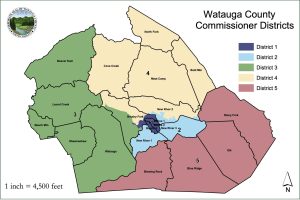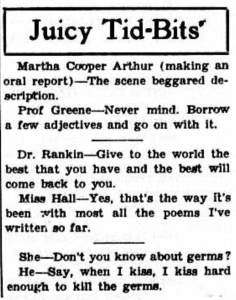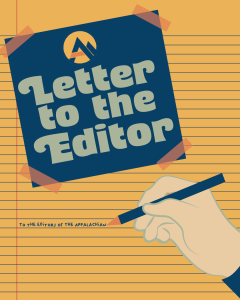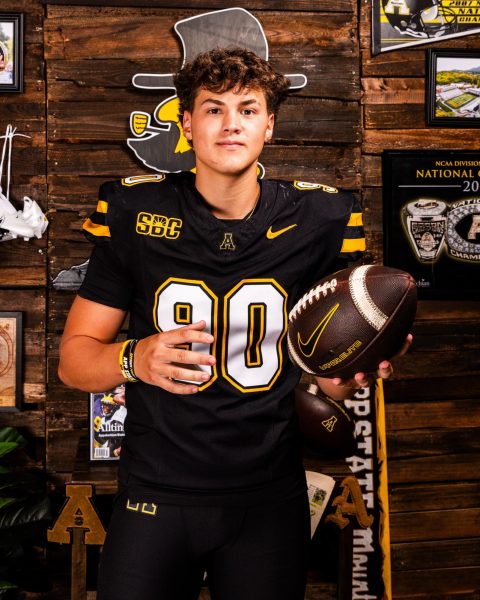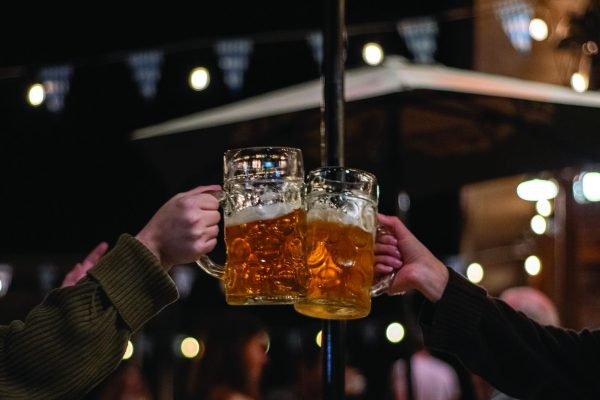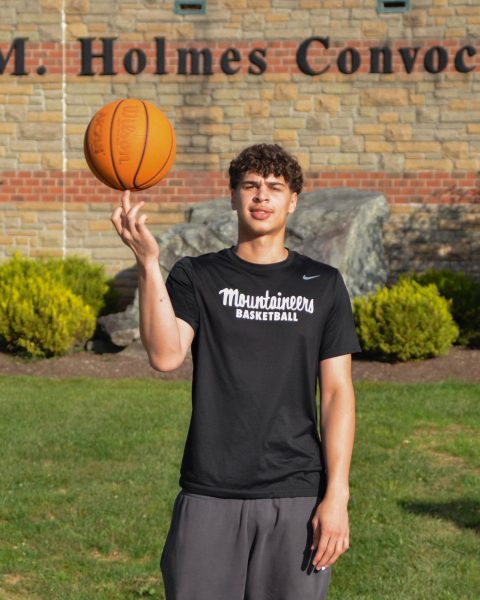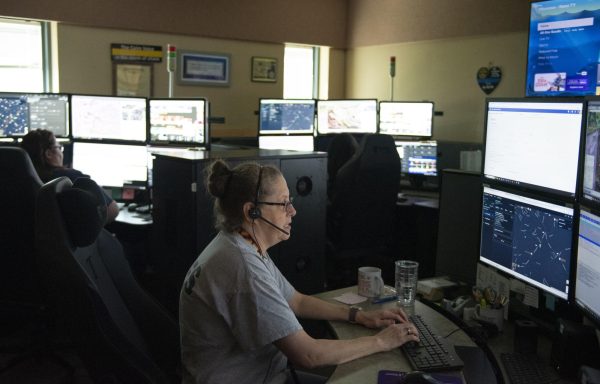Opinion: It’s time for political music
March 12, 2021
Last year was filled with political protests, COVID-19 shutdowns and social isolation. Among some of the chaos, people found ways to publicly shine light on and express their beliefs. Many musicians wrote songs about events of last year. Expressing political opinions through songwriting is an effective way to educate and connect with an audience on a particular issue, especially if the song is really catchy.
Chilean artist Ana Tijoux’s song “Antifa Dance” tackles fascism and authoritarian leaders such as Augusto Pinochet, former president of Chile. Throughout her song, she makes references to the struggle of the lower class and impoverished countries, with lines such as “Irak, Haiti, Chile combate/A liberar este mundo completo,” meaning “Iraq, Haiti, Chile fight/Let’s free the whole world.”
Creating songs with deeper meanings holds so much value because people can relate to and feel connected to these types of songs. Listeners may feel motivated to vouch for their political beliefs when they listen to this music. They are also able to reflect on someone else’s experience through music. For instance, one study shows that “music triggers engagement in social functions” implying that listening to music encourages people to talk and interact with each other.
Dinner Party, a band consisting of producer and pianist Robert Glasper, saxophonist Kamasi Washington and producer and songwriter Terrace Martin, came out with “Freeze Tag,” a chill jazz song that addresses political and racist issues within the law enforcement system. Lyrics like “They told me: put my hands up behind my head/I think they got the wrong one/I’m sick and tired of running,” hint at conflicting incidents with policemen.
We need more music like this – music that empowers people to take a stand for their beliefs and support each other. It seems that 2020 was the year where the news, for once, addressed cultural and political issues going on around the world. According to a Pew Research Center survey, the number of political topics in the news even started annoying some online users, with about 55% of adult U.S. social media users getting tired of seeing political posts.
Protest music is nothing new though; there is a history of music revolving around political and social events. For example, attacking “big” governments can be seen in Public Enemy’s song “Fight the Power” with lyrics like “To revolutionize, make a change nothing’s strange/People, people we are the same … What we need is awareness, we can’t get careless.” Protesting against racism in law enforcement can also be seen in Rage Against the Machine’s song “Killing in the Name” with the lyrics “Those who died are justified/For wearing the badge/They’re the chosen whites,” referencing incidents when white law enforcement officers get away with unjustified attacks on Black people. “Tear the Fascists Down” by Woody Guthrie is another older song making a stand against big government with the lyrics “Hitler told the world around he would tear our union down/But our union’s gonna break them slavery chains.”
Politicians have used music to gain followers too. For example, Barack Obama’s first announcement of his campaign and his farewell address had U2’s “City of Blinding Lights” playing in the background, a song linked to him throughout his presidency. The band even played the song live at Obama’s 2009 inauguration. This is a smart tactic because when people hear that song, many will think about Obama and his presidency.
Some musicians have also fought against politicians for using their music at campaign events, such as Tom Petty issuing a cease-and-desist order to George W. Bush for using his song “I Won’t Back Down.” Whether it is intentional or not, some people associate certain artists with political groups who play their music.
Making and listening to political music starts a conversation around a topic and brings people together. Music also strongly affects a person’s attitude towards other people. One study from assistant psychology professor Peter Rentfrow shows that people who listen to “music with prosocial themes” are more likely to express kindness and aid others compared to people who listened to “neutral music.” Listening to more “aggressive” music is linked with people expressing aggression toward others. For instance, the same study found that men who listen to “misogynistic music behaved more aggressively toward a female than a male…”
We can improve our social perceptions of others simply by listening to songs. You can listen to and create songs about social injustices to spread more awareness on current political issues. Music is not just a fun outlet or escape from reality but also a tool to create a community where people can express their own ideas and unite others together. I hope we see more of this music in 2021.


